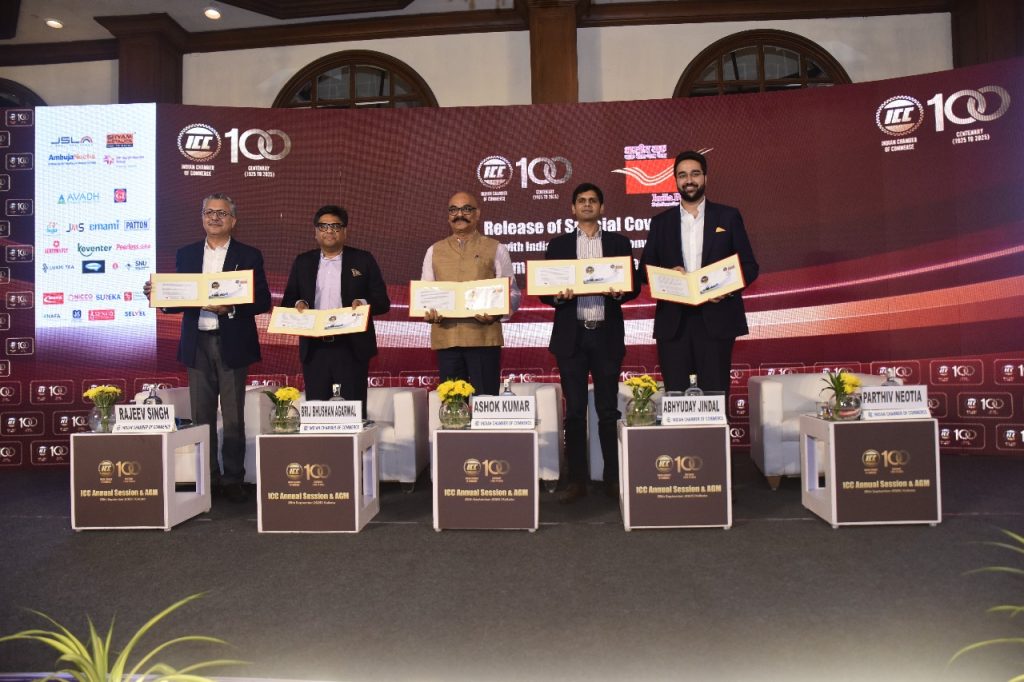
Kolkata, 25th September 2025: The Indian Chamber of Commerce (ICC) convened its 97th Annual General Meeting on Thursday, 25th September 2025 at Taj Bengal, Kolkata. Brij Bhushan Agarwal was appointed as the new President of the Chamber. The event also marked the release of a special stamp to commemorate 100 years of ICC, in the presence of Mr. Ashok Kumar, Chief Postmaster General, West Bengal Circle.
The event featured exclusive interactive sessions with prominent figures, including Abhuyday Jindal, President, ICC and MD of Jindal Stainless Ltd; Parthik Neotia, Joint Managing Director, Neotia Group; Mia Kyandi, Co-Founder & CTO, Venture Factory AI; Prithish Chowdhary, Deputy MD, Titagarh Rail Systems Ltd.; Keshav Bhajanka, Director, Centuryply Plyboards (I) Ltd; Devina Swarup, Director, Paharpur 3P Pvt. Ltd; and Ashok Kumar, Chief Postmaster General, West Bengal Circle.
The industrialists shared their views and experiences about Family Business & Artificial Intelligence during the session:
Brij Bhushan Agarwal, Senior Vice-President, ICC, on his new position as The President of ICC said, “I am deeply honoured to assume the role of President of the Indian Chamber of Commerce. This Annual General Meeting, held alongside the celebration of ICC’s centenary and the release of a commemorative stamp, offered a unique platform to engage with industry leaders on the transformative role of AI, emerging technologies, and innovation across sectors. As President, I am committed to fostering collaboration, leveraging technological advancements, and strengthening human capital to create sustainable growth opportunities. Our goal is to ensure that Indian businesses are equipped to adapt, thrive, and compete on a global scale, while continuing to drive progress and contribute meaningfully to the nation’s industrial and economic development.”
Mr. Ashok Kumar, Chief Postmaster General, WB Circle, on the release of the stamp shared, “This was a unique opportunity for India Post to recognise an institution that has achieved the remarkable milestone of completing its centenary year. Traditionally, such special stamps are released in honour of individuals who have excelled in their fields and earned the highest recognition by the Government. I take great pride in congratulating the Indian Chamber of Commerce for its immense contribution towards industry and development.”
Abhuyday Jindal, President, ICC, MD Jindal Stainless Ltd said, “The conversation around AI and its impact on jobs resurfaces with every wave of technological change, yet history consistently shows that innovation creates as many opportunities as it disrupts. While certain roles may be automated, AI is simultaneously generating new industries, skill requirements, and avenues for growth. The real challenge lies not in the technology itself but in ensuring that human capital is nurtured and retained. Many talented professionals are drawn to opportunities abroad, as seen in the case of Perplexity, which began in India but is now based in the United States. To truly harness AI’s potential, governments and industries must work together to strengthen local ecosystems, provide incentives for innovation, and create an environment where talent can thrive at home. Within organisations, AI adoption is most effective when it is inclusive and problem-focused. Breaking projects into smaller, practical use cases, listening to employees’ needs, and encouraging initiatives like reverse mentoring, where younger, tech-savvy professionals support broader adoption, can help overcome resistance and accelerate acceptance. With the right strategy, AI can simplify work, improve efficiency, and open pathways for growth, ensuring it becomes a driver of progress rather than a cause for concern.”
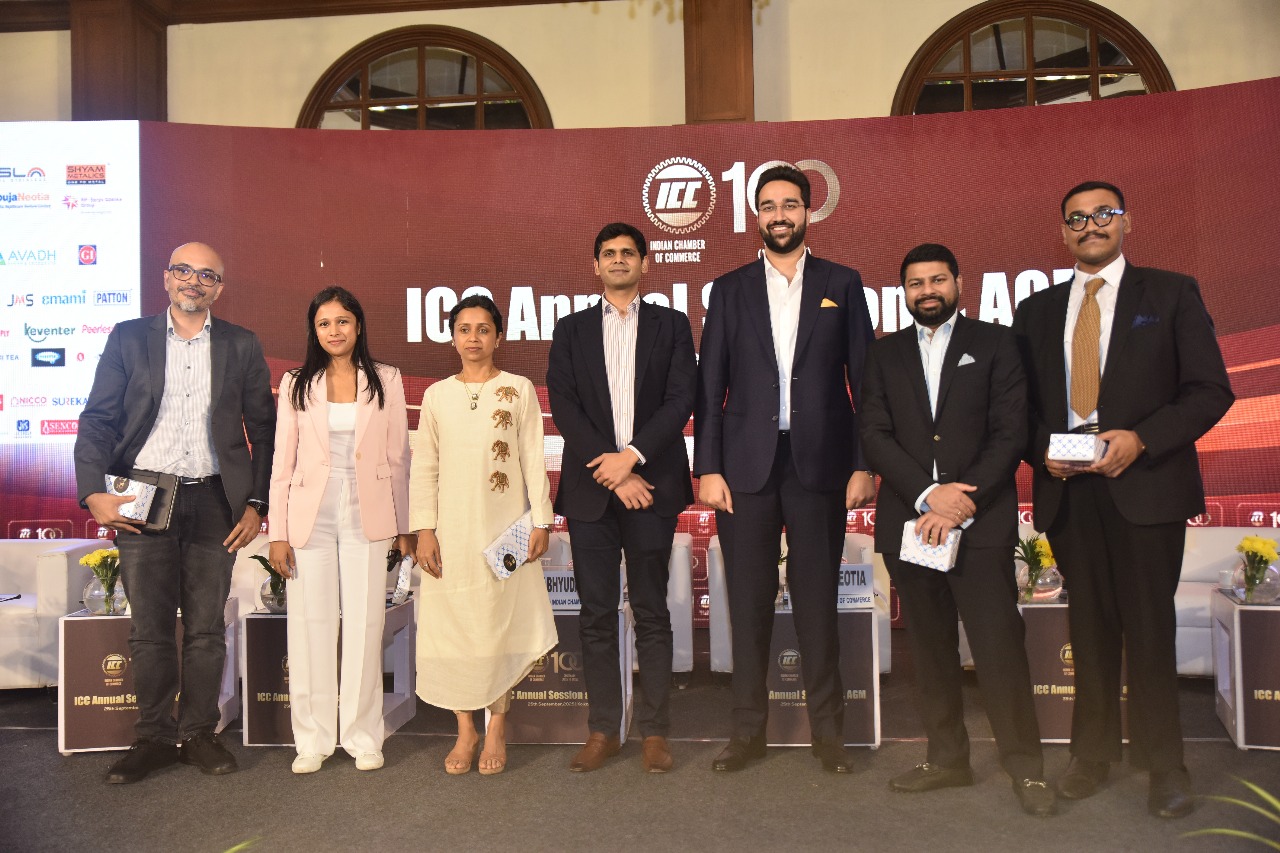
Parthik Neotia, Joint Managing Director, Neotia Group viewed that, “Technology in healthcare is advancing at an extraordinary pace, transforming both patient care and hospital operations. Hospital management systems are improving efficiency by reducing waiting times, streamlining processes and providing quicker access to reports, while biomedical innovations focus on faster, safer and less painful treatments. Artificial intelligence is driving a particularly profound shift: AI-assisted radiology imaging is enhancing accuracy by analysing large datasets and reducing human error, while AI tools are increasingly being used to predict disease prognosis. A comparative study showed doctors alone were 75% accurate, AI alone reached 90%, and doctors with AI achieved 85%, underlining the strength of unbiased machine-led interpretation. In practice, AI is also revolutionising hospital workflows, cutting the time to generate discharge summaries from hours to just five minutes with 98% accuracy, thereby reducing delays linked to documentation and insurance requirements. Beyond clinical use, AI is streamlining administrative and communication tasks, from report generation to professional correspondence, significantly boosting productivity and freeing time for patient-focused care. Though artificial intelligence as a concept is not new, the powerful applications now available have emerged only within the last 24 to 30 months, and this rapid evolution is making healthcare delivery safer, more precise and more efficient than ever before.”
Mia Kyandi, Co-Founder & CTO, Venture Factory AI, mentioned, “Artificial intelligence is emerging as a transformative force across industries, much like electricity a century ago, with applications ranging from healthcare and manufacturing to predictive analytics and applicant screening through natural language processing and computer vision. While its implementation often involves early failures, the process of rapid iteration allows businesses to refine systems until they deliver tangible value. Crucially, the impact of AI depends on understanding how people work, where it can be applied most effectively, and how its outcomes are integrated into practice. Family businesses, in particular, are uniquely positioned to benefit, as their wealth of historical data and deep domain expertise combine with AI to generate meaningful insights and competitive advantage. Beyond operational efficiency, AI can capture and embed the tacit knowledge and intuition of experienced professionals, preserving intellectual property within the organisation even if individuals depart, thereby ensuring continuity, resilience, and long-term impact.”
Prithish Chowdhary, Dy. MD, Titagarh Rail Systems Ltd, elaborated, “Technology is constantly evolving, and over the past two to three decades, its introduction in India has changed the way organisations operate. Initially, there were concerns that computers would lead to widespread job losses, but instead, they created opportunities for new platforms and processes. Since joining my company in 2019 during a major transition to SAP, I have experienced firsthand how implementing large-scale technology systems provides deep insights into both current and historical operational details, revealing challenges that may not be immediately visible. Subsequent implementations, including Ariba and other enterprise tools, further enhanced this understanding. With the advent of AI, we are revisiting these processes to identify what can be automated or made more efficient. In government tender-dependent businesses, which involve complex documentation across technical, commercial, and financial domains, AI has potential applications where human intervention has traditionally been necessary. Similarly, in passenger rail systems, such as metros, Vande Bharat trains, and propulsion systems, designing a new platform requires 200,000 to 250,000 man-hours of engineering effort, much of which is grounded in fundamental engineering principles. While AI may not yet fully replicate critical human judgement, leading aerospace and heavy engineering firms are already applying it to basic engineering tasks. Overall, AI has the potential to transform almost every industry, though many questions remain unanswered; ongoing experimentation and study will gradually clarify its full capabilities.”
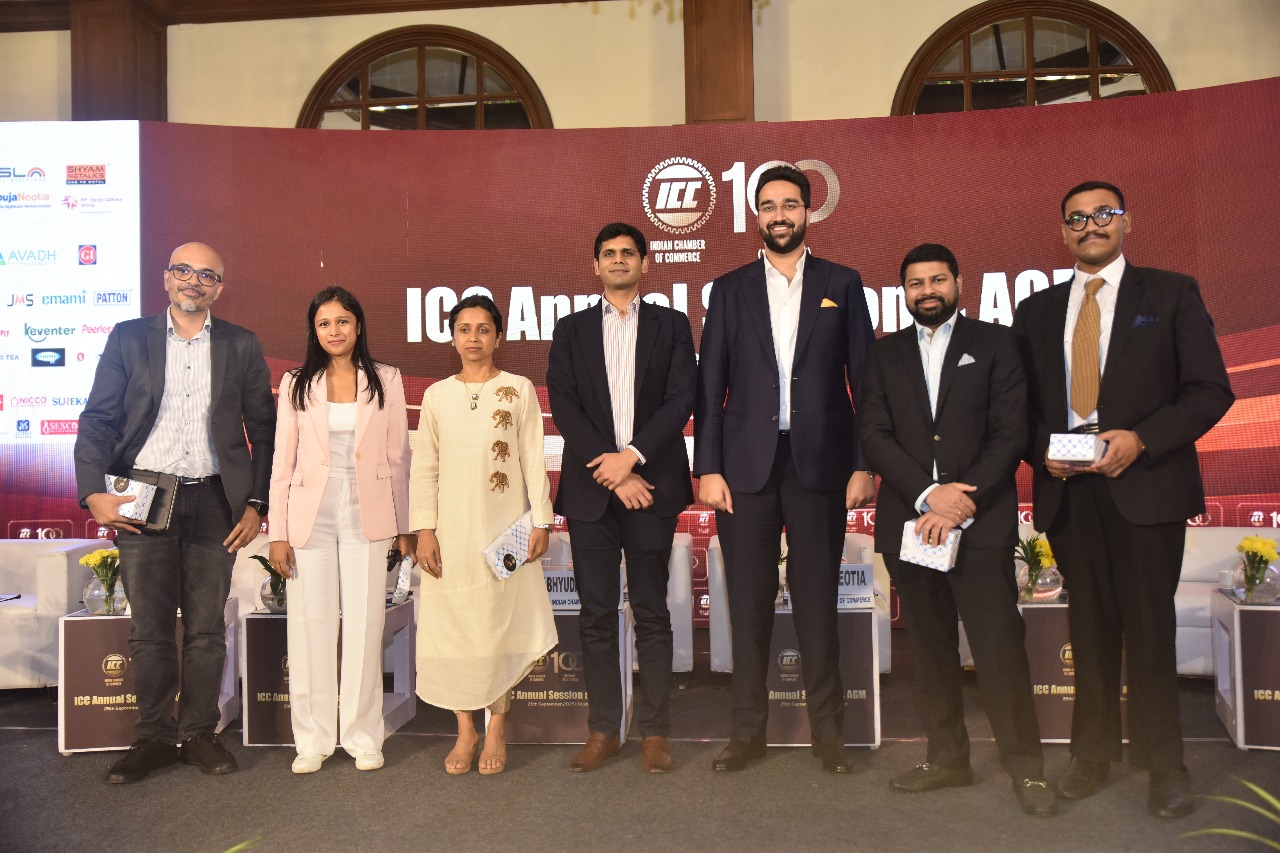
Keshav Bhajanka, Director, Centuryply Plyboards (I) Ltd, said, “Today, it is crucial to recognise what should remain unchanged while embracing opportunities for improvement. Success cannot be altered overnight, but technology offers significant potential to enhance decision-making, complementing human judgement and calculated risk-taking. In the past, decisions were often based on limited data, but modern AI tools allow analysis of decades of information within minutes, enabling more informed and precise choices. In our business, which serves dealers and retailers, implementing a predictive AI module based on sales patterns reduced dealer churn by 50%, addressing potential losses at the source. In supply chain management, an AI platform now aligns factories daily with market demands, optimising logistics and reducing transportation costs by around 6%. Startups are also leveraging data creatively, providing financing solutions to retailers previously ineligible for bank loans, assessing creditworthiness through comprehensive backend data and offering loans at lower or comparable interest rates. These examples demonstrate how a positive, data-driven approach can enhance efficiency, reduce losses, and open new avenues for growth.”
Devina Swarup, Director, Paharpur 3P Pvt. Ltd, said, “European business operations in our sector are highly project-based, involving large contracts often exceeding 300 pages that take months to finalise, with multiple teams engaged across sales, operations, finance, legal, and supply chain. We are actively working on leveraging software to reduce the human hours required by automatically highlighting key points, thereby accelerating negotiations and iterations. Additionally, we are parameterising engineering processes to reduce engineering hours, with even a 20 per cent reduction and error minimisation representing significant savings. These initiatives have been under development for seven to eight years, predating the current prominence of AI, and require substantial data, training, and human validation to ensure accurate outputs, particularly given the critical infrastructure involved. Digital literacy remains essential, as seen from our experience implementing ERP systems fifteen years ago, which initially met resistance but eventually demonstrated transformative impact over the long term, reflecting Amara’s Law that technology’s short-term effects are often overestimated while its long-term impact is underestimated. High-quality datasets are crucial for AI applications, as illustrated by a failed attempt to implement spare parts analytics in our cooling business due to inconsistent and patchy data across regions. Introducing AI does not reduce complexity but shifts it, and organisations must carefully assess which processes are suitable for AI based on data availability and the need for human judgment. Ultimately, businesses rely on their people, and AI cannot replace the human element that forms the core of operations.”



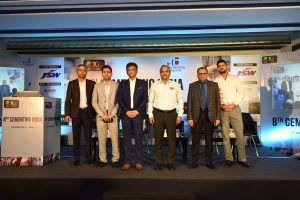
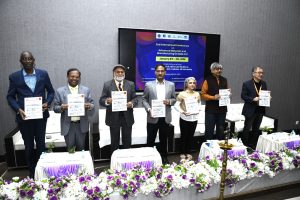




1 thought on “Brij Bhushan Agarwal Appointed New President of Indian Chamber of Commerce”